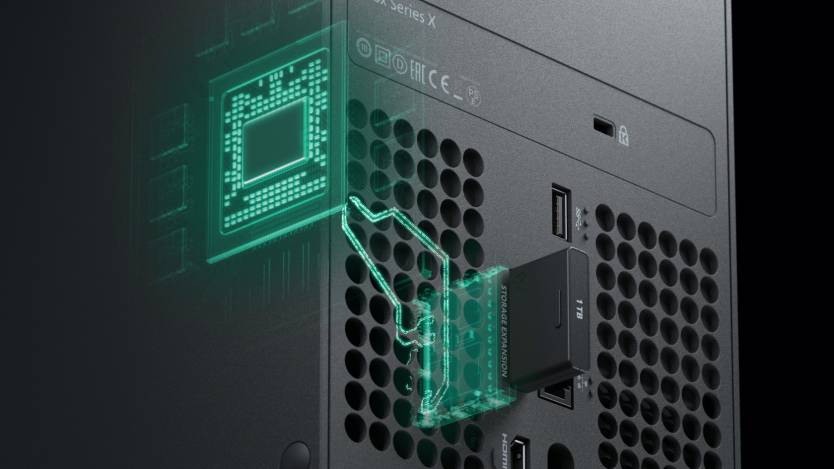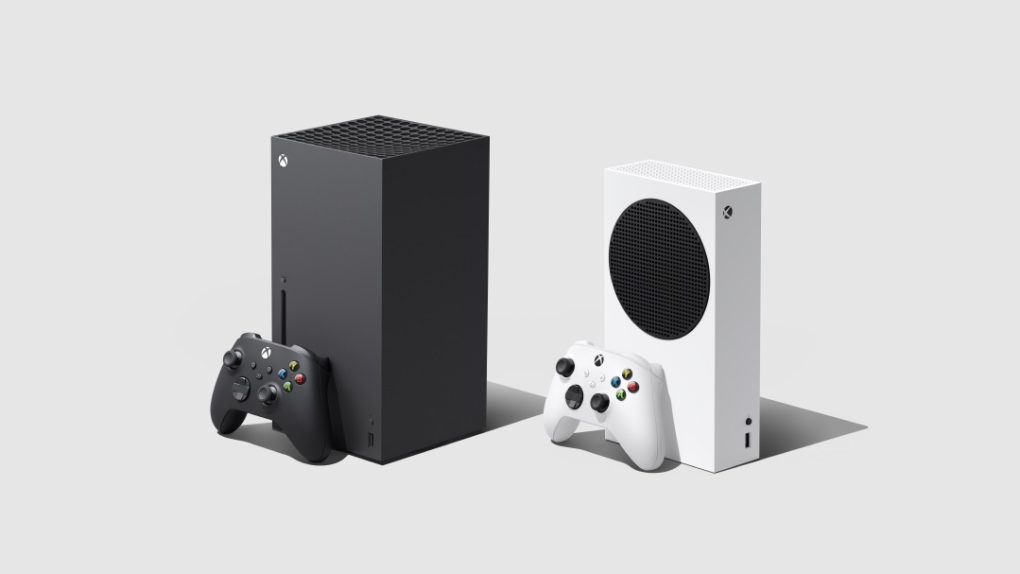- The new Xbox Series X and Series S have a few advantages over the PS5 when it comes to SSD storage, even though the PS5 has a faster SSD drive.
- Both consoles support custom SSD expansions via a specialized slot that will let gamers play titles stored on custom external SSDs from Seagate that will support the same speed as the internal SSD.
- An Xbox executive confirmed that the Storage Expansion Cards will be hot-swappable, allowing gamers to use any number of drives without having to reboot the console each time a new drive is plugged in.
The four 2020 consoles will feature similar hardware, which means you’re bound to experience the future of gaming no matter which you choose this fall. The Xbox Series X offers better theoretical performance, but the PS5 models make use of similar components to achieve comparable speed. The Series S features the same chip as the Series X, but a slower GPU, which appears to be a necessary compromise to keep the price down.
When it comes to storage, all four consoles come with fast SSDs inside, with the PS5 packing an unusual 825GB drive that supports more than double the speed of the SSD inside the Series X and Series S. The move from HDD to SSD is easily one of the best upgrades consoles are getting this year, as SSDs are significantly faster than their disk-spinning counterparts. Even better, all four consoles support external drives, including HDD and SSD memory. But the 2020 Xbox models already have a considerable advantage over the PS5 in this department.
Microsoft and Sony unveiled the specs of their new consoles several months ago, with each company revealing the capabilities of the new SSD storage. At the time, Microsoft said that users would be able to expand the 1TB space of internal space of the Xbox Series X with both HDD and SSD drives. The company also revealed the console has a specialized port on the back that takes a custom SSD. That port uses PCI Express 4.0 connections for a custom NVMe drive that will be available initially only from Seagate. The purpose of the port is to allow gamers to play Xbox games directly from external storage at the same speed used by the internal drive.
“Games optimized for Xbox Series X and the Velocity Architecture need to be run from the internal SSD or the Expandable Storage Drive,” Microsoft said at the time, confirming that older Xbox One and Xbox 360 games can run over the console’s USB 3.1 connection.

The Xbox Series S model that was revealed last week comes with just 512GB of storage, another compromise that helped Microsoft lower the entry price. But the console also supports the same external Seagate drive, via the same custom port. That means the Series S will support the same 1TB Seagate external SSD models that will go on sale soon. The drives won’t come cheap, though Seagate hasn’t announced pricing details for the Xbox accessory. For now, Seagate will be the sole provider of Xbox Series X and S expansion drives.
Comparatively, the PS5 and PS5 Digital Edition will support a variety of SSD drives. The console does not have a custom port to accommodate a single external SSD model, and it’s unlikely that any external SSDs will match the internal drive’s speed. Sony has yet to explain what kind of storage options will be available for the PS5 when it comes to SSDs.
You can hot swap them. No need to reboot the console. Just plug and play.
— Jason Ronald (@jronald) September 12, 2020
This brings us to the newest revelation about the Xbox’s external SSD. Xbox Director of Project Management Jason Ronald confirmed to a fan on Twitter that the external storage is hot-swappable.
You won’t have to reboot the console to replace the external drive, which is great for hardcore gamers who plan to install dozens of Xbox games. The Seagate Expansion Cards won’t be cheap, however, with some expecting them to cost over $200 at launch. The drive only comes in 1TB sizes, so you’ll have to buy more units if you need more storage.
On the other hand, rebooting the console will not be as annoying as it was before. The new Xbox and PS5 will boot a lot faster than their predecessors because they run on SSD storage.
It’s unclear how PS5 will handle external SSD storage. While there’s no memory standard for the new PlayStation, hot-swap support will hopefully not be a problem.








